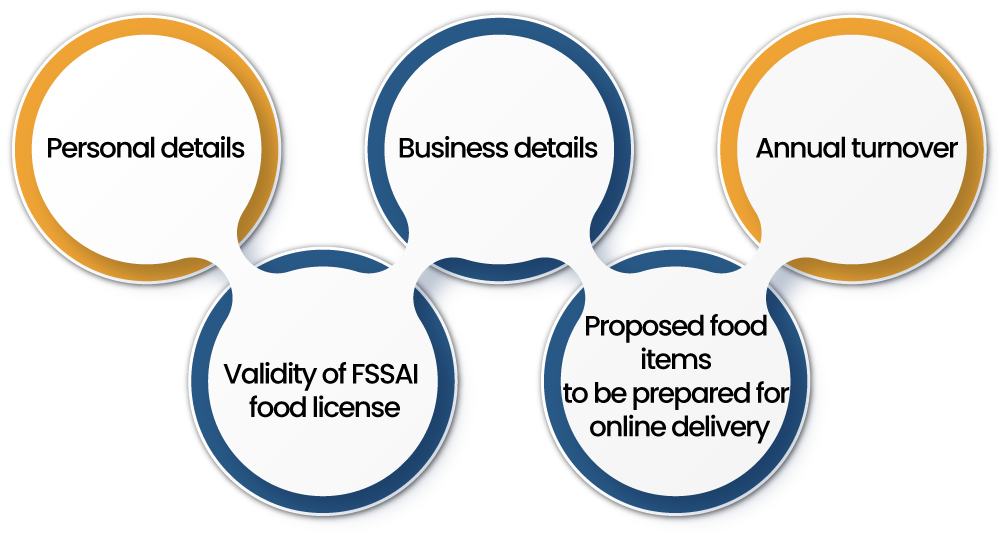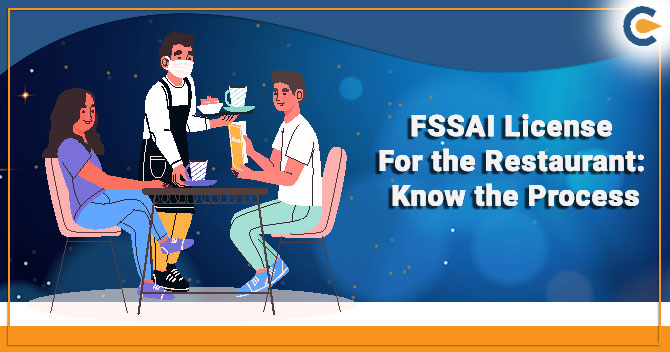A food business is one of the profitable and trending ventures in India at present. In this digital age, everyone has the liberty to taste a wide range of cuisines right at their doorstep. The culture of online food ordering is thriving and it’s likely to grow rapidly in near future. This is a great opportunity for individuals which are intending to setup a sustainable business without making a huge investment. But initiating a food business in India revolves around a slew of legal implications. In this article, we will unfold the legalities associated with the Homemade food business.
Legalities associated with the Homemade Food Business India
- Homemade food business generally encounter fewer compliance in comparison to a full-fledged business. Since the overall setup and operation of this business model is relatively smaller compared to other counterparts, it typically seeks basic FSSAI license. This license is a compulsion for FBOs generating not more than Rs 12 lakhs of annual turnover.
- FSSAI food license offers the validity period up to 5 years. Apparently, the registration fees will increase in tandem with the extended validity period.
- As per the FSS Act, 2006, the FBOs are required to renew their license before 30 days before the expiration. Late renewal will invoke the penalty of Rs 100/day.
- A penalty of Rs 2 lakh will be levied on FBOs who opt to function without a license.
Post-registration compliances for homemade food business
- Ensure proper hygiene and cleanliness at the premises where the food is being prepared. Make sure to refer to FSSAI guidelines to get better clarity on that.
- Premises must have ample ventilation and lighting.
- Regular disinfection processes must be carried out by the business owner to achieve desirable hygiene standards.
- The use of unclean water is completely forbidden under FSS Act, 2006. The business owner must approach the FSSAI-accredited lab to test the water sample being used for food preparation and drinking purposes.
- Tools being used for food preparation must be free from contamination or bacteria build. The owner must take all possible precautions to ensure the best possible hygiene for the equipment being used in the kitchen.
- The use of preparatory/safety gears such as head wears, hand gloves, and aprons is a must for individuals present in the workable area.
Read our article:Shedding Light on Food License for Domestic Food Selling Business
Procedure to avail the food license for homemade food business
Businesses seeking FSSAI food registration need to approach FSSAI’s online portal: FosCos and fill the relevant web-based application. You need to create an account on this portal before you get your hand on this form. Once you successfully create the account, navigate to the left section of the home page and select the new application from the drop-down menu.
The application filing process starts with the selection of the state of operation and annual turnover criteria. Once you complete these requirements, you will be prompted to fill the detailed e-form which is divided into three vital parts.
Here’s what you need to address in the first part


The subsequent parts in the e-form would ask you to upload the following documents and make online fee submission.
Documents required for the Basic FSSAI Registration
- Photographs of the business owners,
- Documents acting as identity proof such as Driving License[1], PAN card, Voted Id, & Aadhaar card.
- No-Objection certificate issued by the respective municipal corporations or panchayat, health NOC.
After a successful filing procedure, the documents and the form will undergo an extensive verification process conducted by the FSSAI’s officials. During this phase, an officer appointed by the FSSAI may visit your place of business to make some legal checks. Thus, it is advisable to avail expert services to keep your compliances on par with the FSSAI’s norms. Also, make sure to double-check the documents before uploading them to the portal to avert unnecessary delay.
Conclusion
The rate at which the homemade food business is growing in India is beyond monumental. Since this business model seeks lowinvestment and fewer resources, it is the perfect choice for someone who is low on budget and still has an urge to venture into a food business. One should not overlook the legalities associated with this business model considering the repercussions available in our legal framework. Make sure to adhere to the aforesaid conditions to ensure the seamless running of your venture.
Read our article:An Overview on How to Get License for Homemade Food Selling in India











